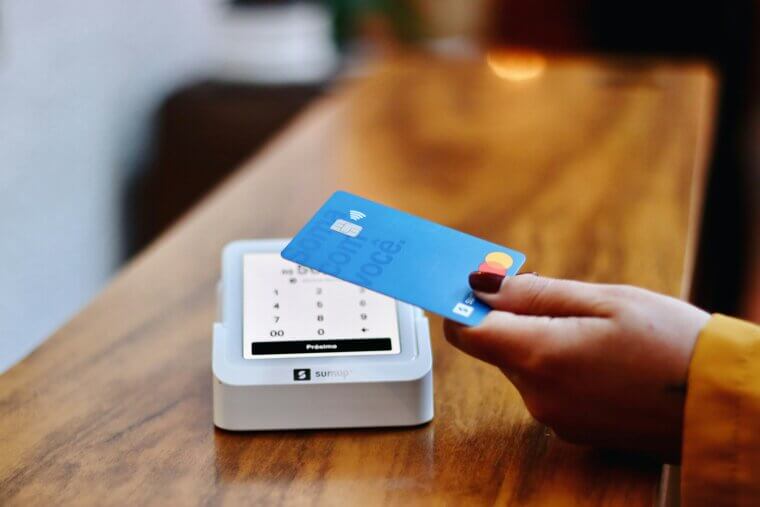Keep Your Expenses in Order With Your Own DIY Budget
Budgeting doesn’t have to be boring or hard. Whether you’re saving for something big or just tired of wondering where your money went, creating a personal budget is easier than you think. No spreadsheets required (unless you’re into that). Let’s break it down into 7 doable steps that actually make sense.
Know Your Numbers
Start with the basics: how much you make and how much you spend. Check your income, bills, subscriptions (yes, even that streaming service you forgot about), and everyday spending. It’s like financial truth serum; you can’t fix what you don’t see. Time to get real with your wallet.
Track Every Dollar
Think of this as detective work. Where is your money actually going? Use a notebook, app, or even sticky notes on your fridge. Coffee runs, impulse buys (we see you hoarding candy and chocolates!), gas, snacks, it all adds up. Once you start tracking, you’ll be shocked at what’s silently draining your bank account.
Separate Needs From Wants
Groceries are needs. Daily lattes and midnight shopping sprees? Probably wants. Get clear on the difference so you can cut the fluff. You’re not giving up fun forever; you’re just being intentional. Budgeting isn’t about punishment; it’s about priorities (and yes, pizza can still make the cut).
Set Realistic Goals
Dream big, but plan smart. Want to save for a trip, pay off debt, or build an emergency fund? Great, but make it doable. Small goals keep you motivated, and progress is way more satisfying than perfection. Remember: you’re building habits, not entering a budgeting Olympics.
Create Your Budget Plan
This is where the magic happens. Allocate your income to essentials, savings, and a bit of fun. Use the 50/30/20 rule as a starting point: 50% needs, 30% wants, 20% savings. But it’s your budget, your rules. Just don’t spend more than you bring in. That’s Budgeting 101.
Automate What You Can
Automate bill payments, savings deposits, or debt paydowns so you don’t “accidentally” spend the rent. It’s one less thing to worry about, and it helps you stay consistent. Lazy budgeting? Maybe. Smart? Absolutely.
Check In Monthly
Life changes, and so should your budget. Check in monthly: what worked, what didn’t, and where you messed up (it happens). Make changes, not excuses. Your budget is like a recipe; you’ll adjust it over time until it’s just right.








